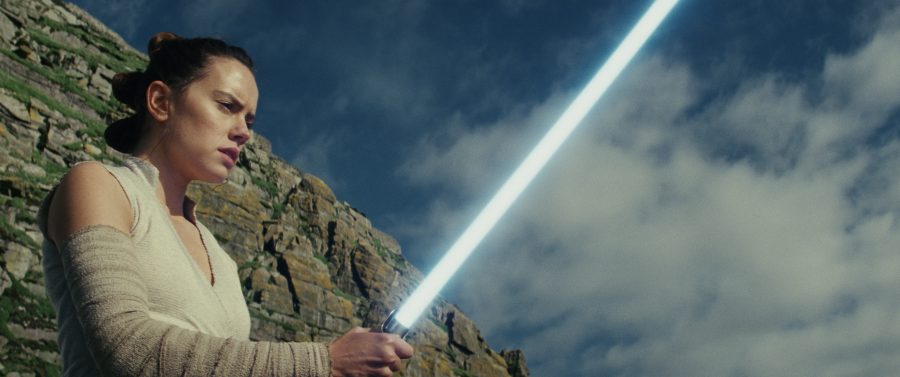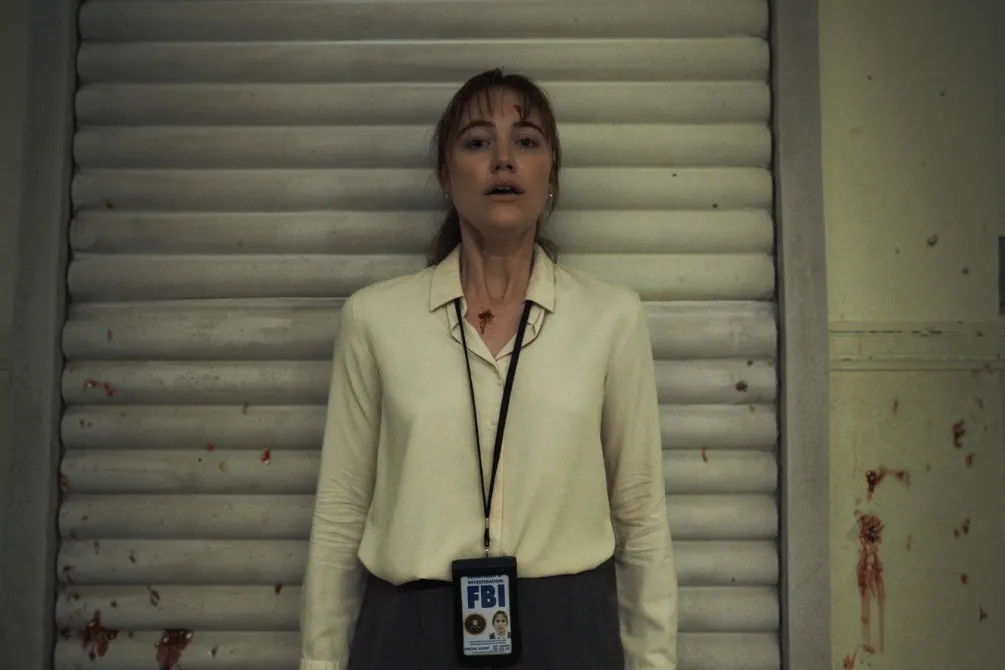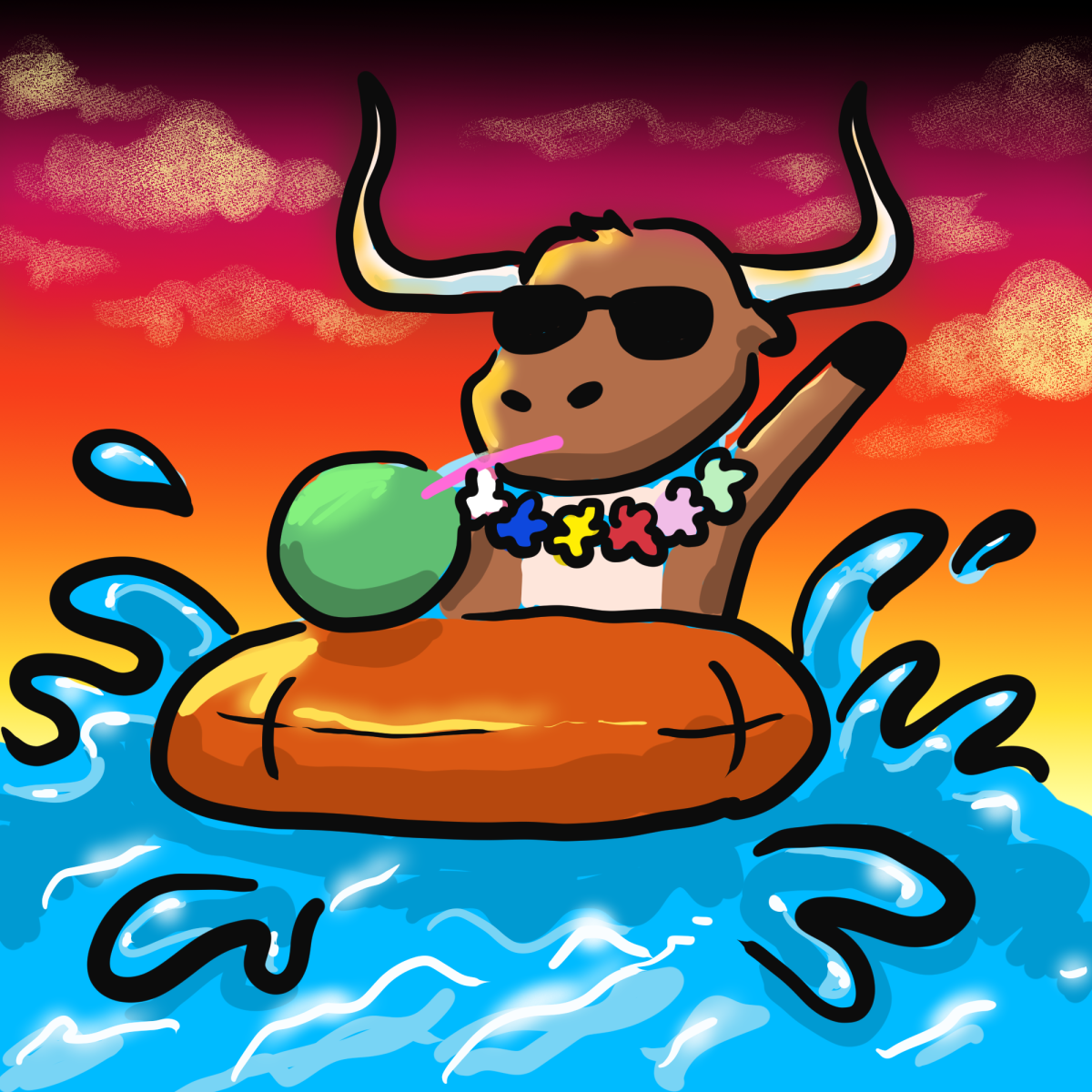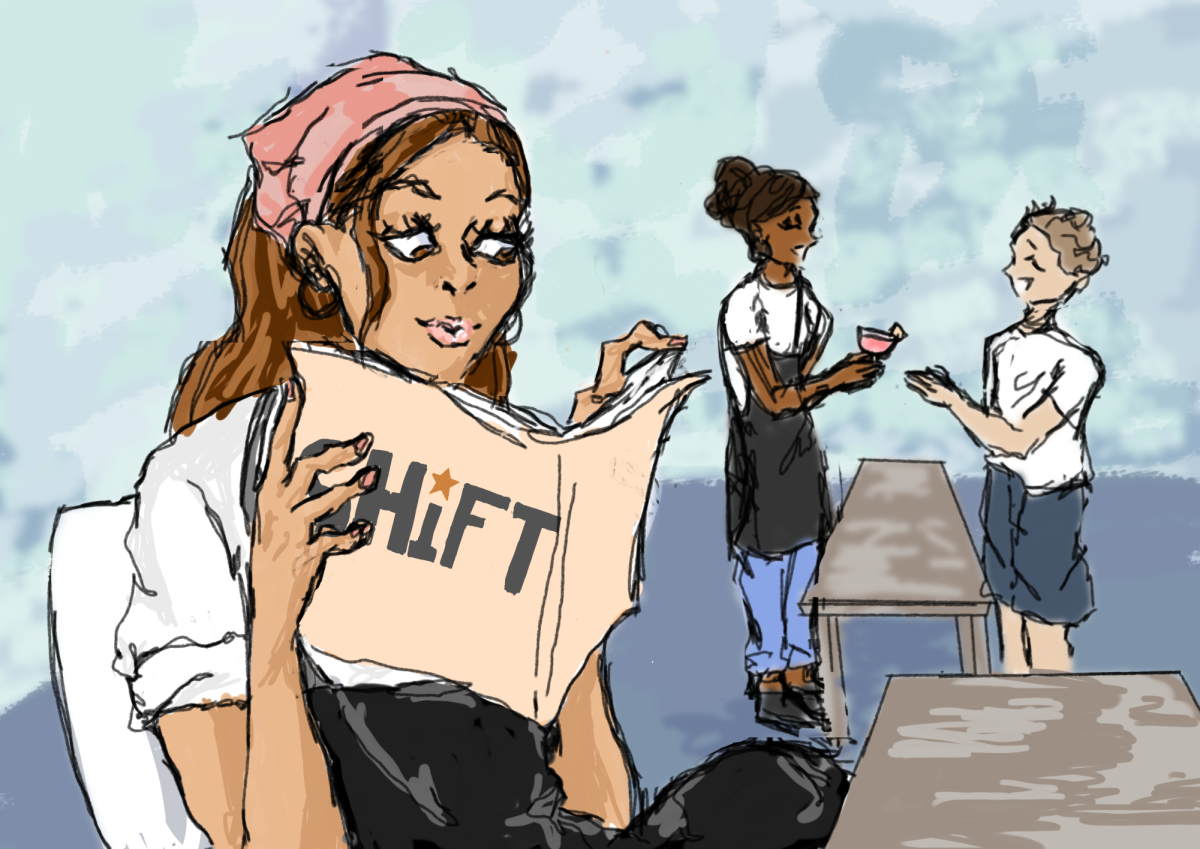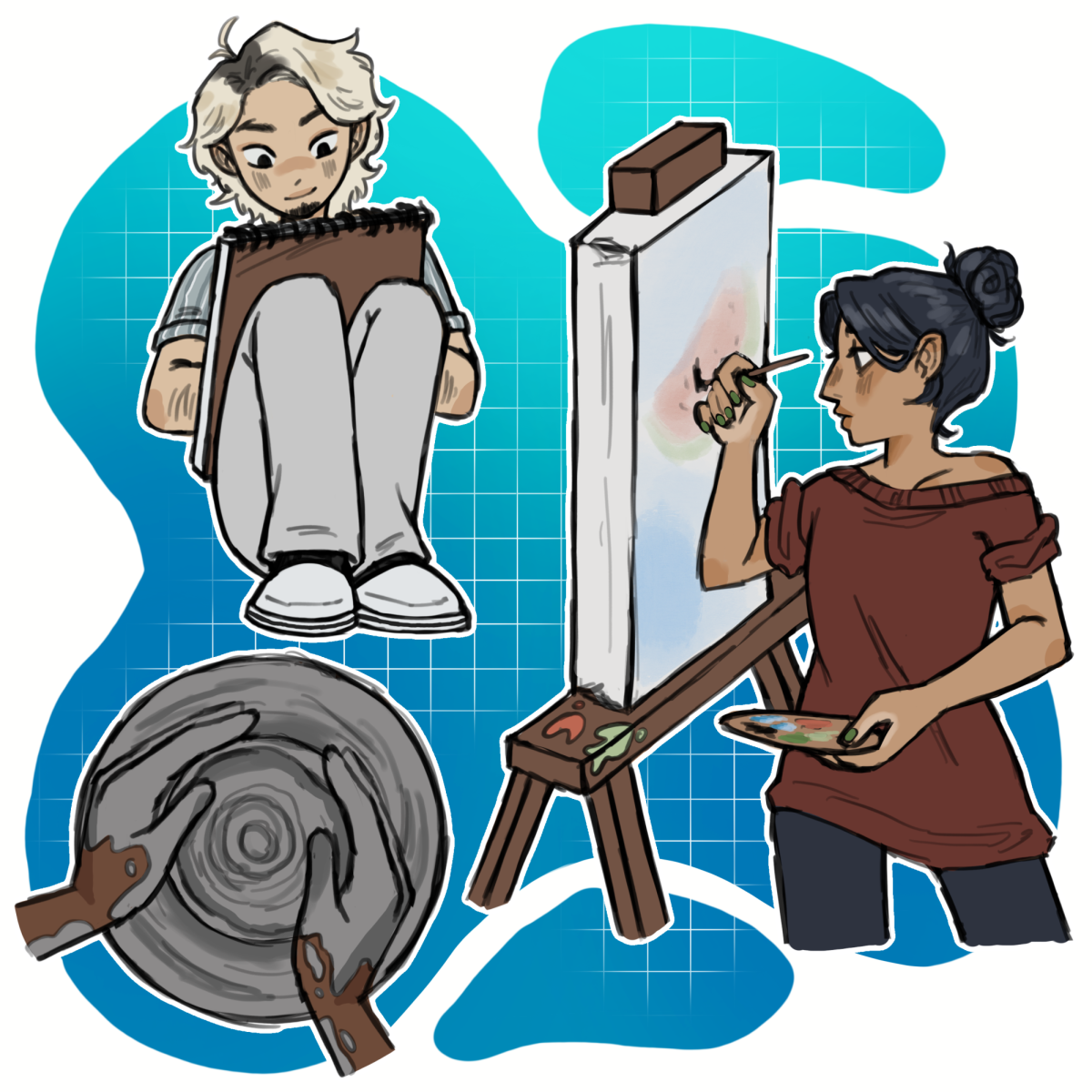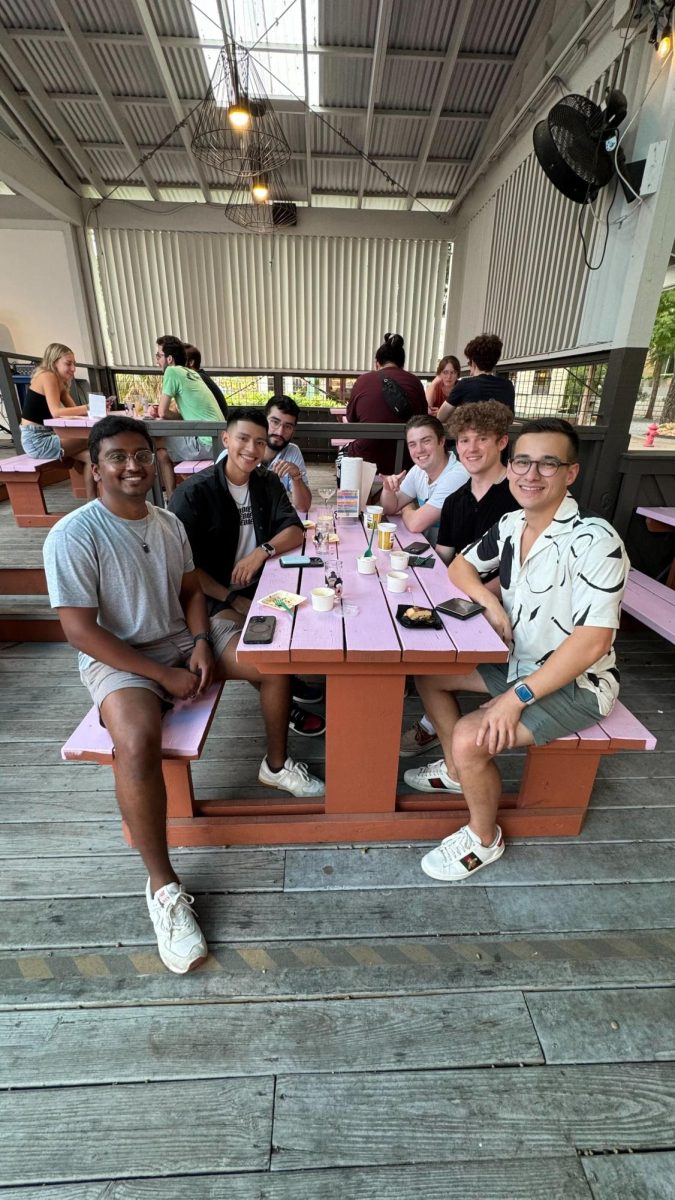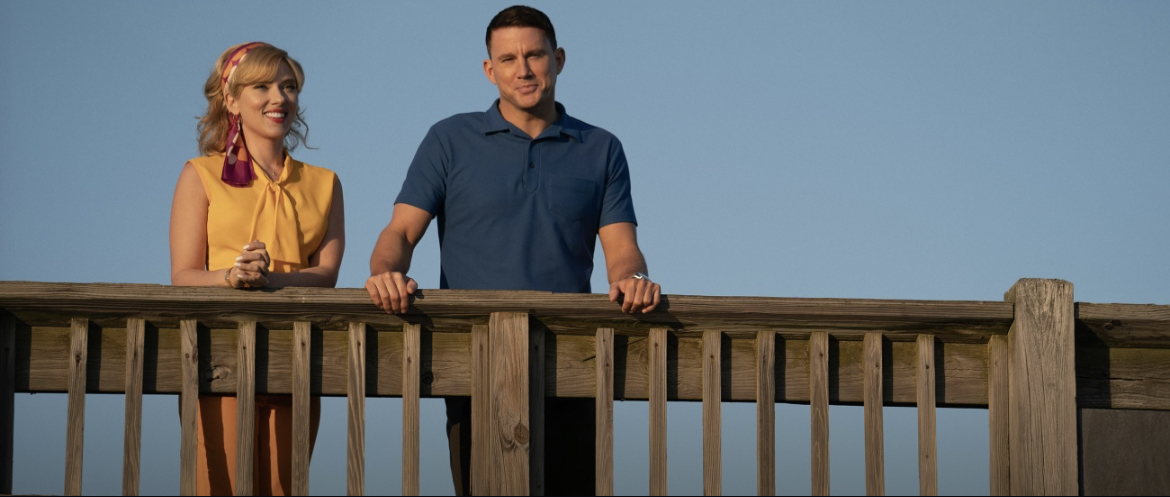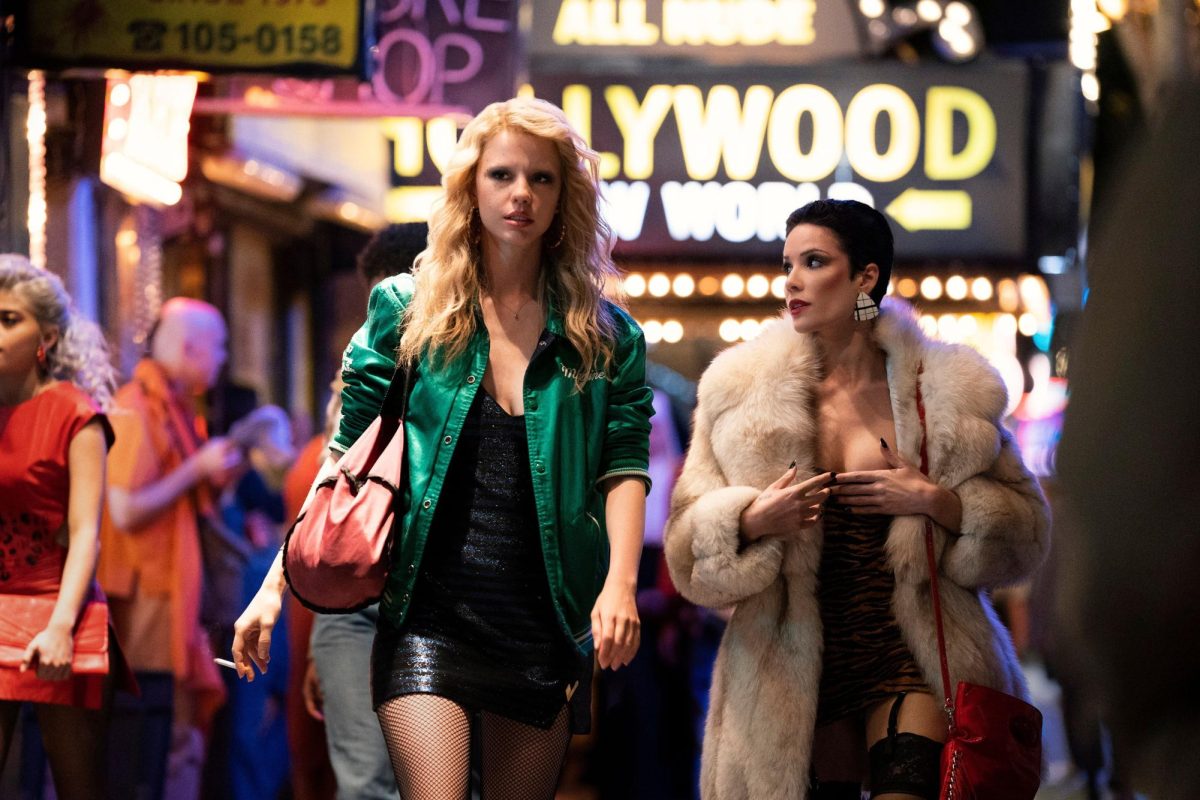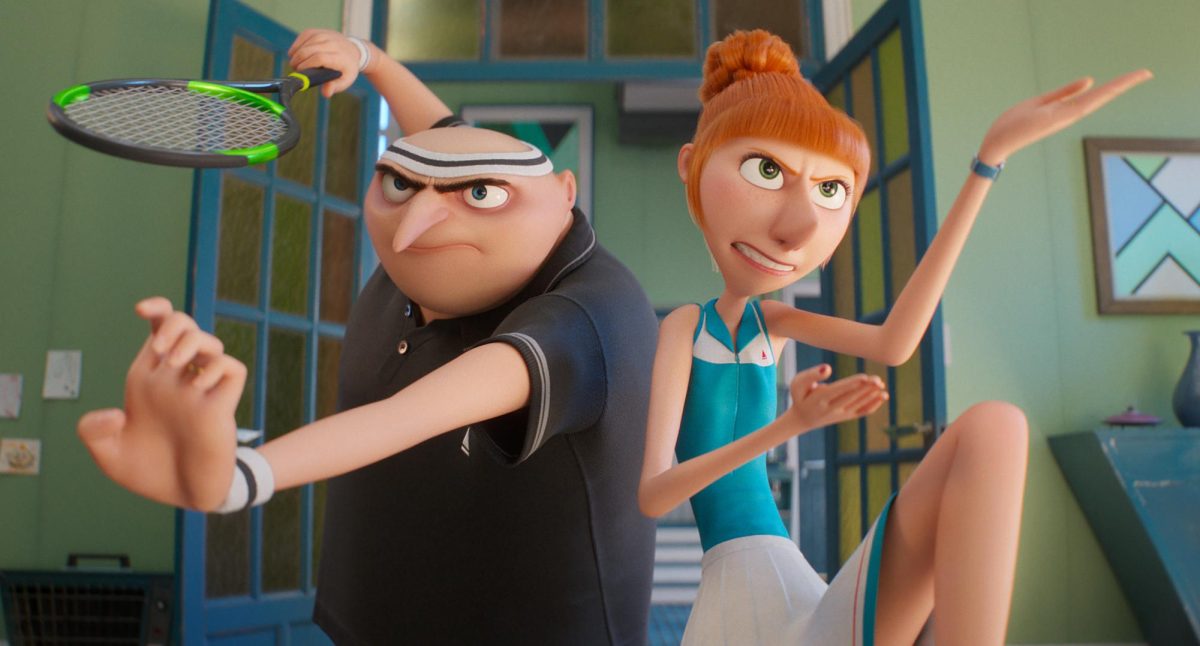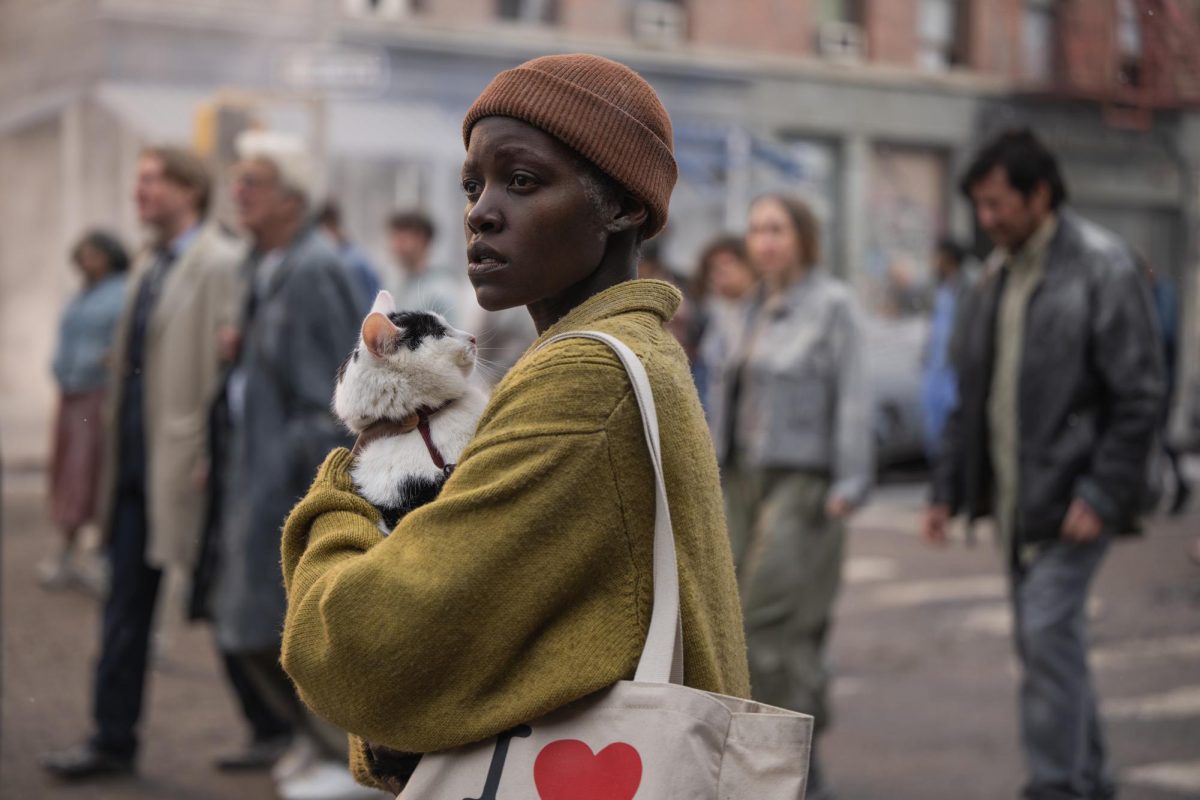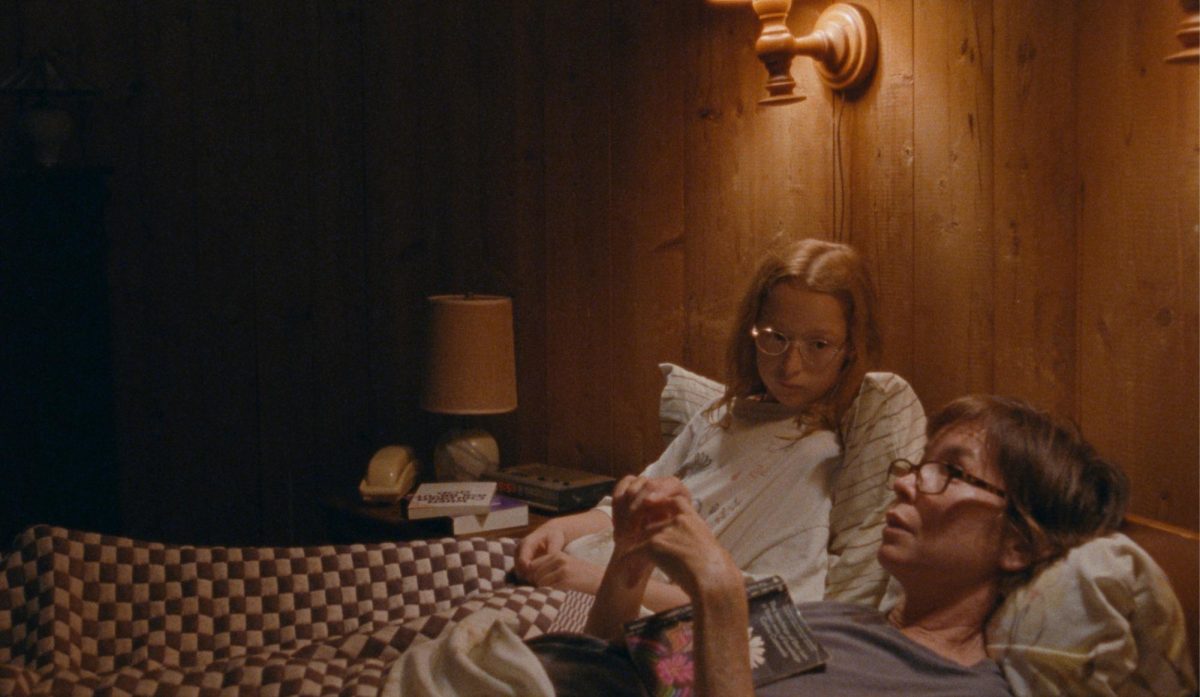There’s been a disturbance in a fandom in a galaxy not so far, far away.
For more than 40 years and counting, “Star Wars” has been a huge part of pop culture. Last December, “The Last Jedi,” the second movie in the current sequel trilogy, opened to rave reviews from critics, making $450 million dollars in its first weekend, the second-biggest opening ever since its predecessor, “The Force Awakens.” Despite its success, there are still a subset of people on the internet generating toxic pushback toward the creators, actors and even fans.
Since the release of the film, the online backlash toward “The Last Jedi” has been exceptionally harsh, with online petitions to remove the film from “Star Wars” canon, boycotts of future “Star Wars” movies and the recent #RemakeTheLastJedi campaign on Twitter, which includes an anonymous group of online fans who want to make their own version of the movie.
Rian Johnson, director of “The Last Jedi,” is no stranger to the online aggression. He is active on Twitter and receives praise, critiques, harsher critiques and even death threats.
“It’s about knowing you’re not going to please everyone,” Johnson said in an interview with the London Evening Standard. “But then you still read someone saying they wish you were dead, and it’s going to ruin your day.”
Social media has made it easier for fans and trolls to voice their opinions, praises and critiques to those in the film industry.
Suzanne Scott, radio-television-film assistant professor, said that even during the era of the prequels in 1999, when Twitter, YouTube and Facebook were not around, there was still pushback toward George Lucas and the actors. Some fans did writing campaigns to speak of their dissatisfaction, Scott said. Earlier this month, Ahmed Best, who portrayed Jar Jar Binks in the prequel series, said on Twitter that the backlash from the prequels and to his character became so intense that he thought of suicide.
“There was a long period where we wanted to believe fan culture was this utopian welcoming space, and that’s never been the case,” Scott said. “A lot of fans have come to realize that that is a part of fan culture that needs to be addressed and dealt with.”
Theater studies junior Ben Montero said he experienced harsh rhetoric online after commenting on a YouTube video that he loved “The Last Jedi” and that it was his favorite “Star Wars” movie.
“I commented, and all of a sudden, my comments started filling up with people’s responses,” Montero said. “A lot of people were giving me shit for it. One of them asked, ‘What drugs are you on?”
Montero said seeing the toxic backlash makes him frustrated to be a “Star Wars” fan at times, but he still believes in the bright side of the fandom, saying that being a fan online has helped him meet a lot more friends.
“There are a lot more positive ‘Star Wars’ fans who are good and supportive.” Montero said.
Johnson acknowledges this, and he said to the Evening Standard that the toxic part of the fandom is just the “10 percent” that is “loud and gets amplified” over social media, while the rest have been “lovely and encouraging.”
Scott, too, said social media is “a place of heightened discourse,” and that while a small, toxic subset of people can be seen more visibly through the platform, it doesn’t represent the “Star Wars” fandom as a whole. In fact, “Star Wars” fans are a diverse group, including some who don’t have social media accounts.
“Most of the fans are pretty content to see ‘Star Wars’ movies in the theater at any given time,” Scott said. “(‘Star Wars’) is not bulletproof, but it’s as close to bulletproof as a franchise can get.”



